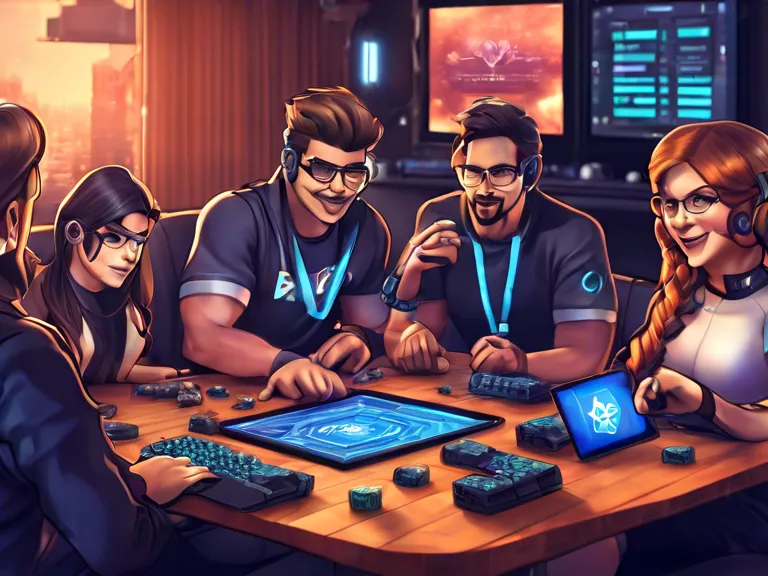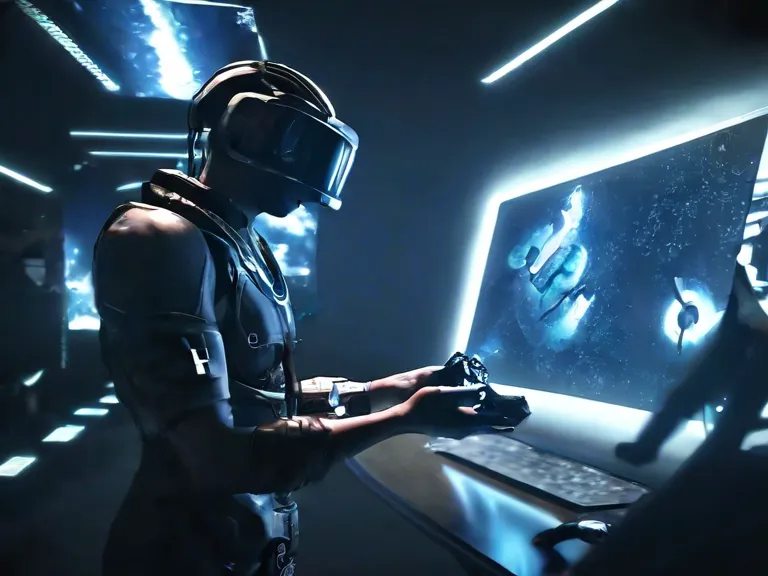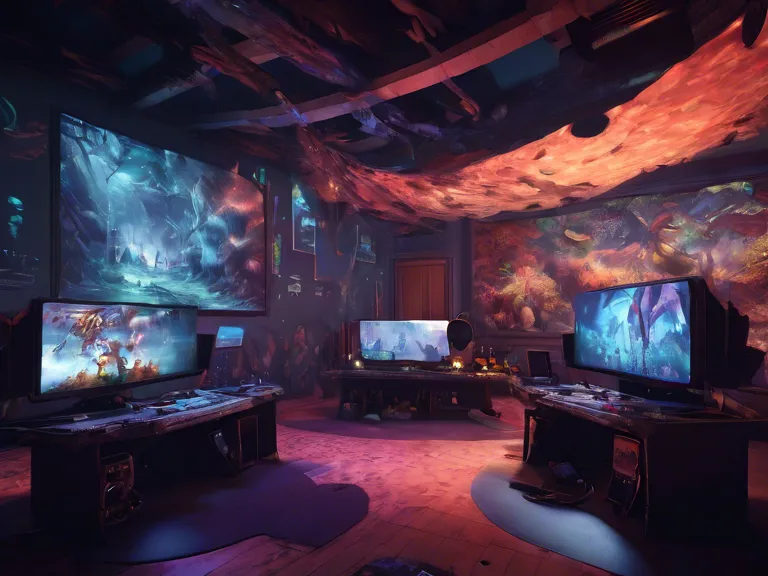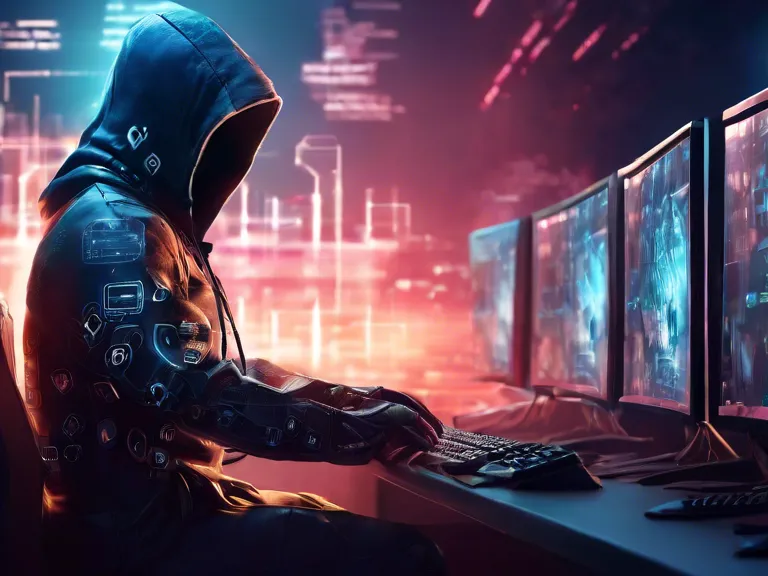
The intersection of blockchain technology and gaming has opened up new possibilities in the gaming industry, revolutionizing ownership and in-game economies. Blockchain technology, known for its transparency, security, and decentralization, has the potential to transform the way gamers interact with their favorite games and virtual assets. In this article, we will explore how blockchain gaming is changing the landscape of gaming.
One of the key innovations of blockchain gaming is the concept of true ownership. By utilizing blockchain technology, gamers can truly own their in-game assets, as they are stored on the blockchain in a transparent and secure manner. This means that players have full control over their virtual items and can buy, sell, and trade them with other players without the fear of fraud or theft. This has led to the rise of digital asset marketplaces where players can exchange their items for real-world value.
In addition to ownership, blockchain technology has also revolutionized in-game economies. By utilizing blockchain-based tokens and smart contracts, game developers can create scarce and tradable assets within their games. This has led to the emergence of play-to-earn games, where players can earn cryptocurrency or in-game tokens by playing the game and completing certain tasks. This new economic model has the potential to revolutionize the way games are monetized, shifting the focus from pay-to-win to skill-based rewards.
Furthermore, blockchain technology has enabled the concept of interoperability between games. Players can now use their virtual assets across multiple games that support the same blockchain standards, creating a seamless gaming experience and fostering a sense of community among gamers. This interoperability also opens up new opportunities for cross-game collaborations and economies, further enriching the gaming experience.
Overall, blockchain gaming is transforming the way gamers interact with their favorite games, providing true ownership of assets, new economic models, and interoperability between games. As the technology continues to evolve, we can expect to see even more innovations in the gaming industry, creating new opportunities for players, developers, and investors alike.



